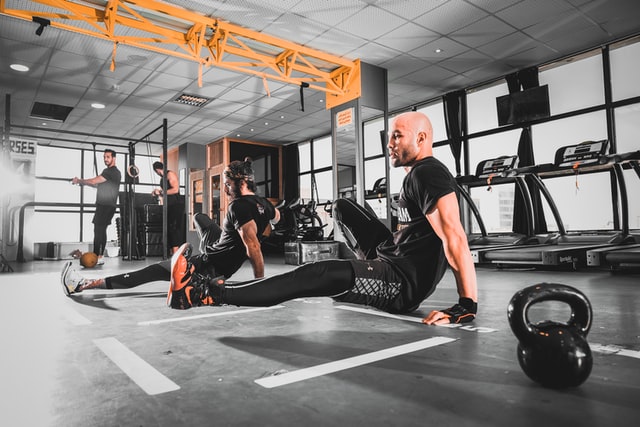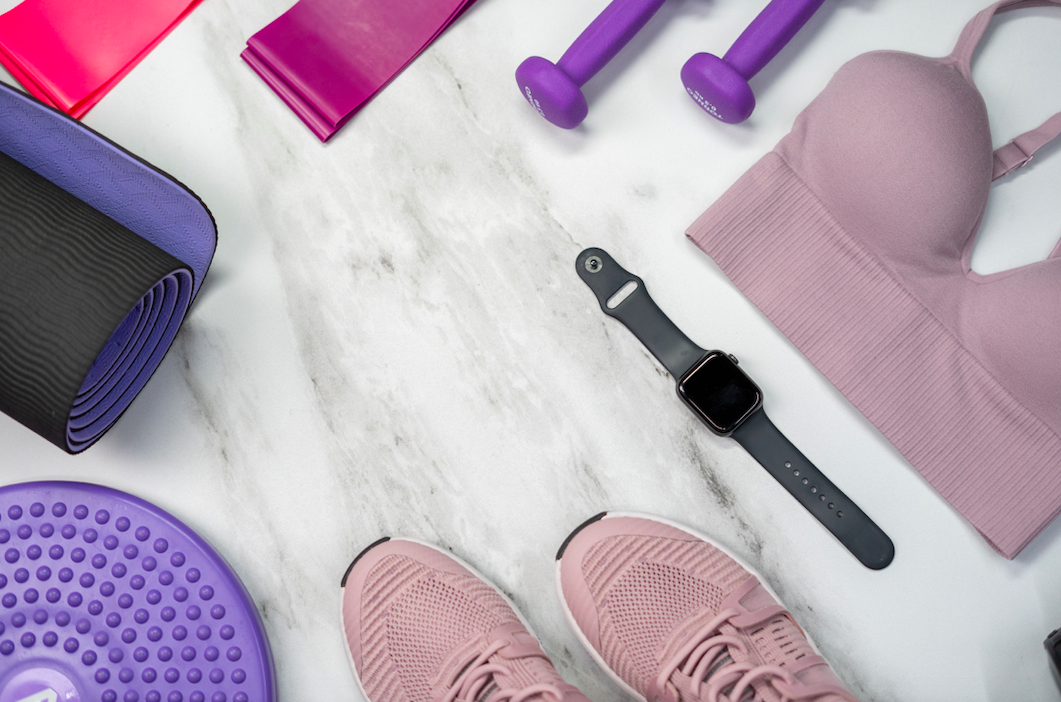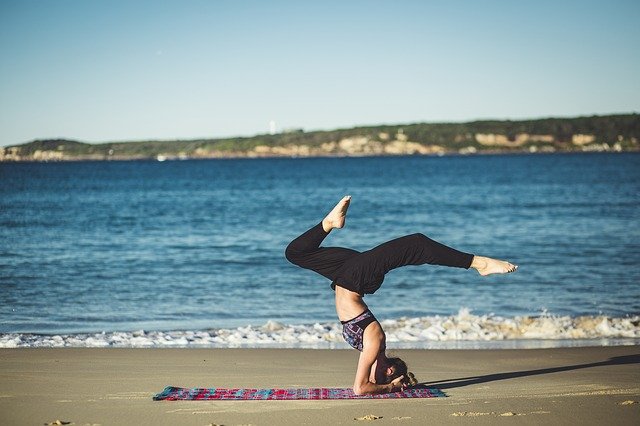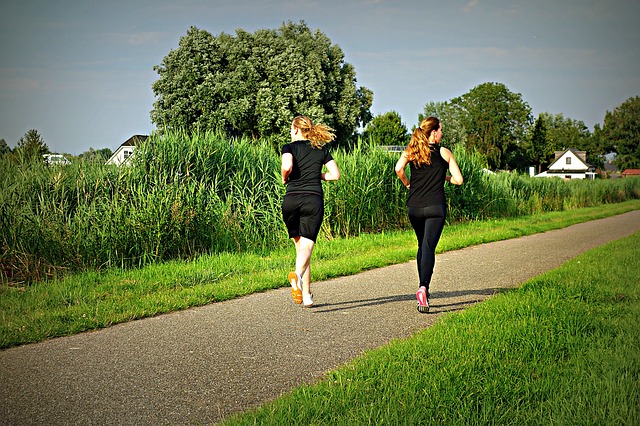It’s recommended that adults get 75-300 minutes of physical activity each week. This number may seem like a lot to some, but next to nothing for others. Either way, it serves as a reminder that a person should be exercising or moving to maintain a healthy lifestyle. If you shy away at the idea of “working out”, it’s okay! You don’t have to shell out dozens of dollars per month for a gym just to stay healthy, there are other ways to get your heart pumping!
Benefits of Moving
It likely does not come as a surprise for most that consistent movement is beneficial to your health. In addition to weight loss, there are a handful of benefits that can be gained by keeping active throughout all parts of the year. Moving your body or exercising carries the benefit of enhancing your mood and improving mental health. Studies have shown that sitting around and not staying active leads to increased anxiety and even depression. Moving around will also cause decreases in stress and can brighten your mood by giving you a sense of accomplishment. Moving around daily also helps support bone health and preservation, brain health, and sex drive.
Ways to Move
Of course, the best way to move your body is to incorporate a workout routine into your day. If you don’t have a gym membership, there are several other ways you can accomplish this and improve your health.
- Walk – To get moving, one can simply go for a walk! Travel to a large shopping area and browse around or find a trail in the woods to get away from all of the noise and take a nice hike! Either way, walking is a great form of exercise that doesn’t take much effort at all.
- Stretch – Another easy one, take a few moments each day to stretch, when you wake up, every hour or so while at work, after a workout, whenever it works for you! Stretching helps to move lymph fluid and regulate lactic acid buildup, leading to your body feeling more relaxed.
- Dance – Dancing is very beneficial to your body as it incorporates weight-bearing exercises such as spinning as well as range-of-motion exercises like arm and hip swings.
- Working out – This is the most beneficial if you are willing to put in a bit more effort. Working out, either weight training or cardiovascular, not only helps to strengthen your body and maintain healthy weight, but it also has amazing benefits for mental health, such as a decreased possibility of developing depression. If you don’t know where to start, check out fitness YouTube channels for a fun challenge.
Dr. Barbara R. Edwards, a Princeton MD is the Academic Director for the Ambulatory Residency Program at Penn Medicine Princeton Health, providing quality care to uninsured and under-insured New Jersey residents in Mercer and Middlesex counties.






